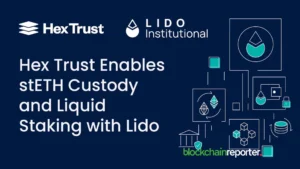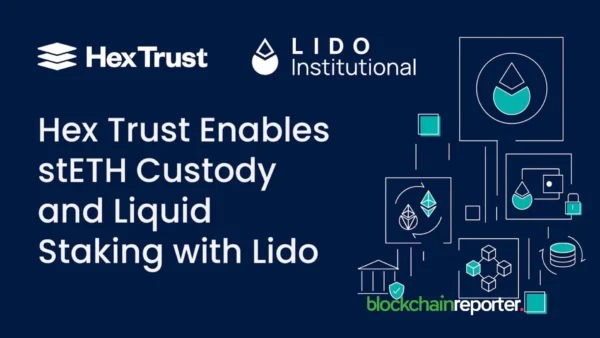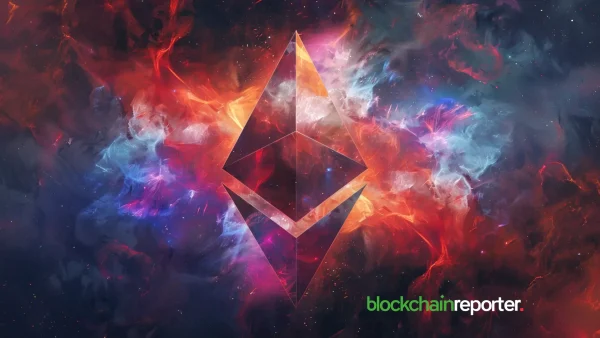
Ethereum’s co-founder, Vitalik Buterin, has raised significant concerns over Worldcoin’s newly launched iris-scanning identity verification solution. The groundbreaking technology, co-initiated by OpenAI’s CEO Sam Altman, aims to verify users’ uniqueness without compromising their personal data.
Worldcoin’s Innovative Proof-of-Personhood (PoP)
At its core, Worldcoin’s PoP system intends to verify the individuality of users in a decentralized manner. It negates the need for a central authority or the sharing of personal data. Its applications range from preventing multiple account creations (Sybil attacks) to event ticketing, airdrops, and DAO voting.
To leverage Worldcoin’s system, users must download an app and undergo an iris scan via a device dubbed the “Orb.” The technology confirms the user’s humanity and distinct iris pattern, producing an iris hash. Consequently, a unique “World ID” is generated for each user, enabling them to validate their individuality without exposing their identity.
Buterin’s Concerns with Worldcoin
1. Privacy Implications
Buterin underscores the substantial privacy issues tied to Worldcoin’s iris scanning approach. Although only hashed versions of the iris scans are stored and cryptographic methods like ZK-SNARKs are employed to shield user identity, threats persist. Buterin warns of potential misuse of identity data and remarks that if someone duplicates your iris scan, they could cross-check it with the database to identify if you possess a World ID.
2. Accessibility Issues
The requirement for users to physically interact with the Worldcoin Orb to engage raises questions about the system’s accessibility. Buterin argues that this limitation could favor urban areas, potentially creating an imbalance in Worldcoin distribution. However, Worldcoin has mentioned phone number verification as a possible alternative.
3. Centralization Risks
Questions about the transparency of the Worldcoin’s Orb hardware abound, with Buterin suggesting the possibility of concealed vulnerabilities. He highlights that, notwithstanding a decentralized software layer, the Worldcoin Foundation could potentially exploit a backdoor to fabricate human identities. Buterin also casts doubts over Worldcoin’s governance and proprietary algorithms, though he acknowledges Worldcoin’s pledge to decentralize over time.
4. Security Challenges
Buterin also flags security issues, listing potential hazards like phone hacking, forced iris scans, trading IDs, and the use of 3D-printed replicas to trick the scanner. Notably, he observes that such challenges aren’t exclusive to Worldcoin.
Nonetheless, Buterin appreciates the foundational idea behind Worldcoin, emphasizing the importance and potential of proof-of-personhood systems.
Buterin’s Alternative
While no “perfect” solution exists, Buterin proposes a blend of current methodologies: social-graph-based, general-hardware biometric, and specialized-hardware biometric systems. Such an amalgamation, he believes, could offer a decentralized, scalable, privacy-oriented structure resistant to fraudulent identities.
Worldcoin’s Recent Developments
Concluding on a broader note, Worldcoin introduced its WLD token today, witnessing an impressive 88% hike post its listing on various exchanges such as Binance and Huobi. Just last week, Worldcoin transitioned to the OP Mainnet, a Layer 2 scaling solution based on Ethereum.









